Dear Zachary: A Letter to a Son About His Father is one of the most heart-wrenching documentaries ever made. Released in 2008 and directed by Kurt Kuenne, the film began as a tribute to Dr. Andrew Bagby, a beloved friend, doctor, and son, whose life was tragically cut short. Andrew and Kurt were childhood best friends, inseparable for years. What started as a personal memorial quickly turned into a chilling account of a broken legal system and an unimaginable tragedy.
Andrew was murdered in cold blood in 2001 by his ex-girlfriend, Shirley Turner, after ending their turbulent relationship. As if his murder wasn’t horrifying enough, Turner soon announced she was pregnant with Andrew’s child. This shocking twist led to a long, painful battle for custody between Andrew’s grieving parents, David and Kathleen Bagby, and a legal system that failed them time and time again.
What followed was a series of devastating events, including Turner being released on bail despite facing murder charges and the horrifying moment when she took the life of her son, Zachary, in a murder-suicide. The documentary, originally meant as a keepsake for Zachary, became a public exposé on legal failures, dangerous psychiatric assessments, and the devastating consequences of a system that refused to act.
Here are 14 of the most heartbreaking moments from the documentary that left viewers shattered.
1. The Unimaginable Loss of Andrew Bagby
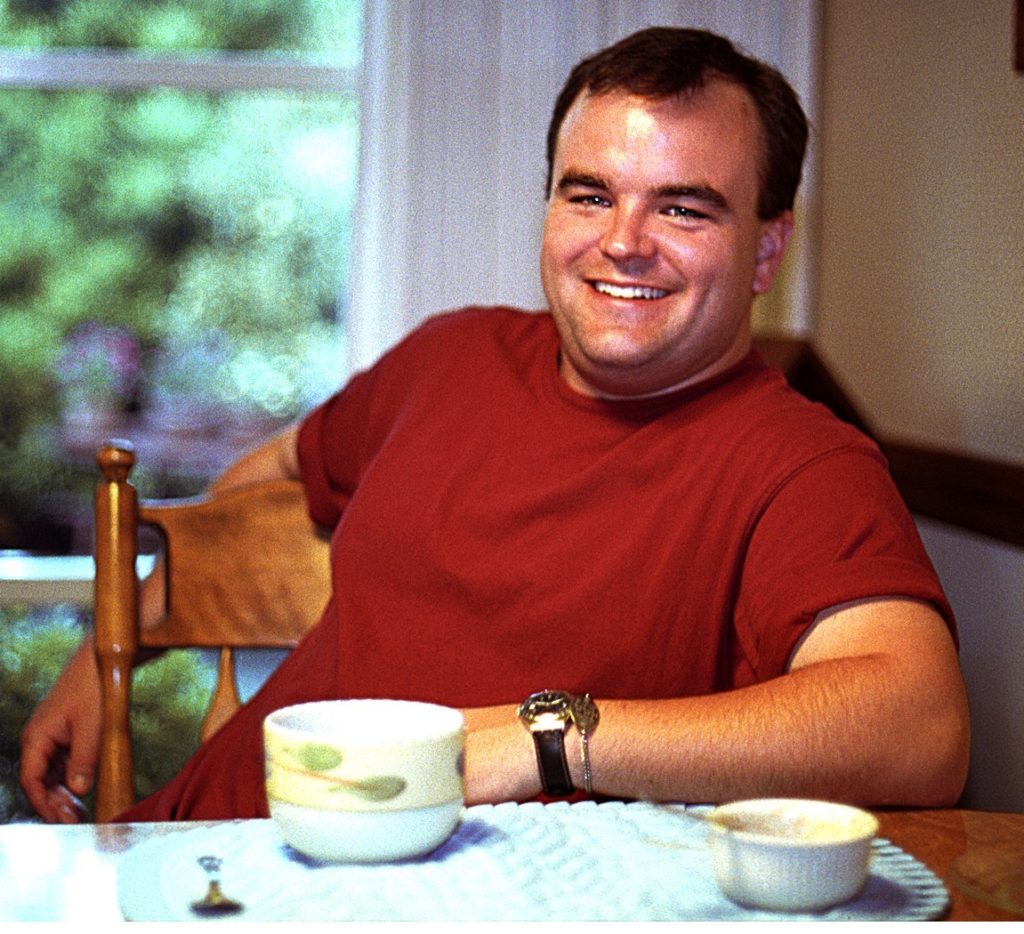
On November 5, 2001, 28-year-old Andrew Bagby was found dead in Keystone State Park, Pennsylvania. He had been shot five times at close range. The murder sent shockwaves through his family and friends, who knew him as a compassionate and dedicated young doctor. At the time of his death, Andrew had recently broken up with Shirley Turner, a woman he had been dating while completing his medical residency.
Turner, 40 years old and significantly older than Andrew, had a history of troubling behavior in previous relationships. She had exhibited signs of extreme possessiveness and volatility, often making Andrew’s friends uncomfortable. In the days leading up to his murder, Andrew had confided in friends that he was finally done with the relationship. Unfortunately, Turner did not take the breakup well.
Andrew was last seen alive on the evening of November 4th, when he went to meet Turner, supposedly to discuss their breakup. The next morning, his body was discovered, and authorities immediately suspected Turner. She had driven over 1,500 miles from Iowa to Pennsylvania and then returned to Iowa just hours after his murder. Despite overwhelming evidence pointing to her, what followed was a series of legal failures that allowed her to remain free.
2. The Unsettling Behavior of Shirley Turner
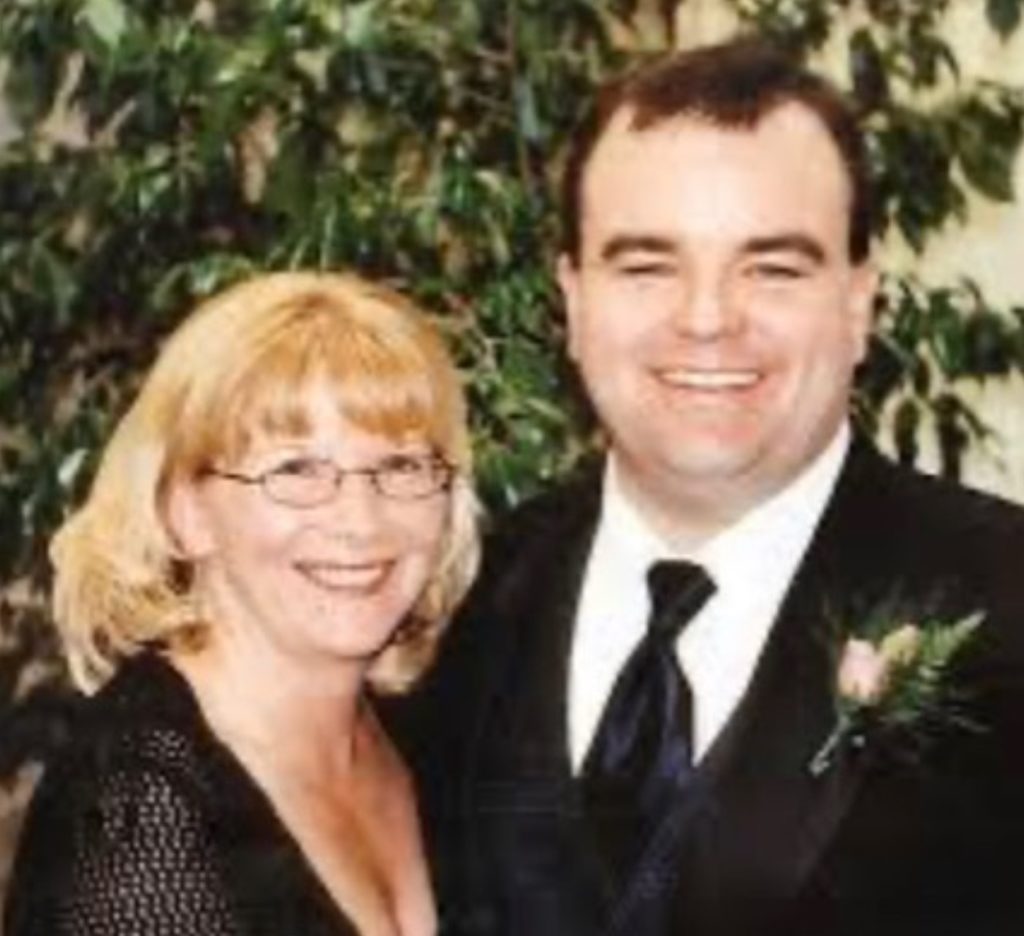
Before Andrew’s murder, Shirley Turner displayed deeply troubling behavior that alarmed many people close to him. She was known to be controlling, manipulative, and quick to anger. Friends described her as emotionally unstable, often resorting to guilt-tripping and dramatic outbursts to keep Andrew close. She once faked a suicide attempt just to get his attention.
Turner also had a pattern of troubling relationships with younger men. She had been married twice before and had three children from previous relationships, none of whom she had custody of. Her obsessive behavior toward Andrew became more pronounced when he tried to break up with her for good. She sent him countless emails and voicemails filled with emotional manipulation, begging him to stay with her.
Despite Andrew making it clear that he wanted to move on, Turner wouldn’t let go. The fact that she drove across multiple states just to see him one last time—and that he was found dead shortly after—made it clear to his loved ones that she was responsible. However, authorities did not immediately arrest her, allowing her to flee back to Canada and setting the stage for a tragic legal battle.
3. The Heartbreaking Revelation of Shirley’s Pregnancy

Dear Zachary takes a devastating turn when it reveals that Shirley Turner was pregnant with Andrew’s child. This revelation altered everything for Andrew’s grieving parents, David and Kathleen Bagby. While it meant a piece of their son would live on, it also meant Shirley had a powerful tool to manipulate the legal system in her favor.
By announcing her pregnancy, Turner managed to delay her extradition, effectively buying herself more time outside of custody. Despite being accused of murder, she remained free, and the Bagbys were forced to endure her presence while trying to secure the safety of their unborn grandson, Zachary. The injustice of Turner’s continued freedom became one of the most infuriating aspects of the case, setting the stage for even more heartbreak.
4. The Legal Struggles for Custody of Zachary
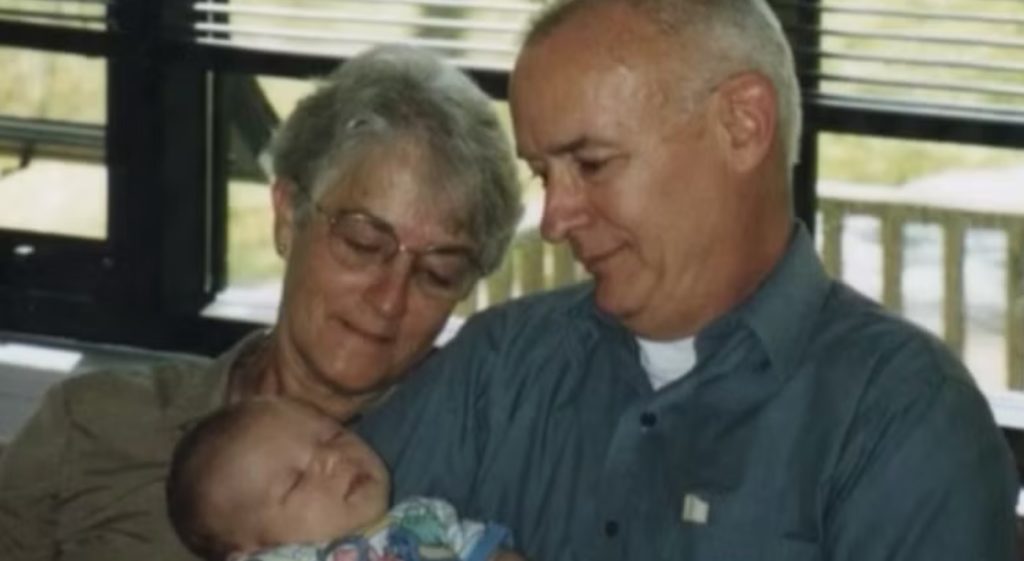
The fight for Zachary’s custody is one of the most infuriating aspects of Dear Zachary. The Bagbys, desperate to protect their grandson, were forced to navigate a flawed Canadian legal system that seemed to favor Turner at every turn. Because she had no prior convictions, Turner was released on bail, allowing her to continue raising Zachary despite being the prime suspect in Andrew’s murder.
The legal system prioritized a biological mother’s rights over the safety of the child, ignoring the obvious risk Turner posed. David and Kathleen Bagby had to play along, remaining cordial with the woman who had murdered their son, just to stay in Zachary’s life. Instead of finding justice, they were trapped in a nightmare where they had to smile through their grief and frustration, all while hoping for a legal breakthrough that never came.
5. The Painful Supervised Visits with Zachary
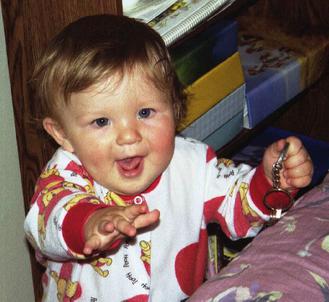
Dear Zachary exposes the emotional torment David and Kathleen Bagby endured just to see their grandson. Since Turner retained custody, they were only allowed supervised visits, forcing them to play along with a deeply flawed system. They had to smile through their grief, acting civil toward the woman they knew had murdered their son.
Despite the heartbreak, these moments with Zachary were precious. They showered him with love, knowing they had to cherish every second. Even Turner acknowledged how much Zachary adored them. However, the visits were always overshadowed by the unbearable truth: at the end of the day, they had to hand him back to the woman who had already taken one life.
The injustice of the situation was undeniable. While the Bagbys fought for Zachary’s safety, the courts prioritized Turner’s parental rights over the child’s well-being. The emotional toll on David and Kathleen was immeasurable, but they refused to give up, believing their love for Zachary would ultimately protect him.
6. The Psychiatrist Who Helped Turner Stay Free

One of the most infuriating revelations in Dear Zachary is the role played by Dr. John Doucet, a psychiatrist who advocated for Shirley Turner’s release. Despite her history of violent behavior and the clear evidence linking her to Andrew’s murder, Doucet supported her bail request, allowing her to remain free while awaiting extradition. His professional assessment suggested she was not a danger, a conclusion that proved to be tragically incorrect.
Doucet’s decision was not only devastating for the Bagbys but also a glaring example of how the legal and medical systems failed to protect Zachary. His recommendation directly contributed to Turner’s ability to maintain custody of her son, despite the fact that she was facing first-degree murder charges. As a medical professional, his voice carried significant weight, making it harder for authorities to justify keeping her in custody.
After Zachary’s murder, Doucet’s involvement came under scrutiny, and he was later charged with professional misconduct. However, by the time consequences caught up with him, it was far too late. This moment in Dear Zachary is particularly enraging because it shows how those in positions of power ignored glaring red flags, ultimately leading to another preventable tragedy.
Read More: Missing Boy, 7, Featured on Netflix’s Unsolved Mysteries, Found After Seven Years
7. Shirley Turner’s Manipulative Media Appearances

Dear Zachary exposes how Turner sought public sympathy by speaking to the media. She painted herself as a grieving mother, deflecting blame and presenting herself as a victim. Her attempts to control the narrative were infuriating, especially given the undeniable evidence against her.
Turner’s ability to manipulate those around her was astonishing. She convinced some people that she was wrongly accused, despite overwhelming proof of her guilt. Watching her feign innocence while Zachary remained in her care was one of the most frustrating aspects of the case.
David and Kathleen saw through her deception, but their hands were tied. They could only hope that the courts would finally see Turner for what she was. Tragically, their worst fears would soon be realized.
8. The Final Moments Before Tragedy
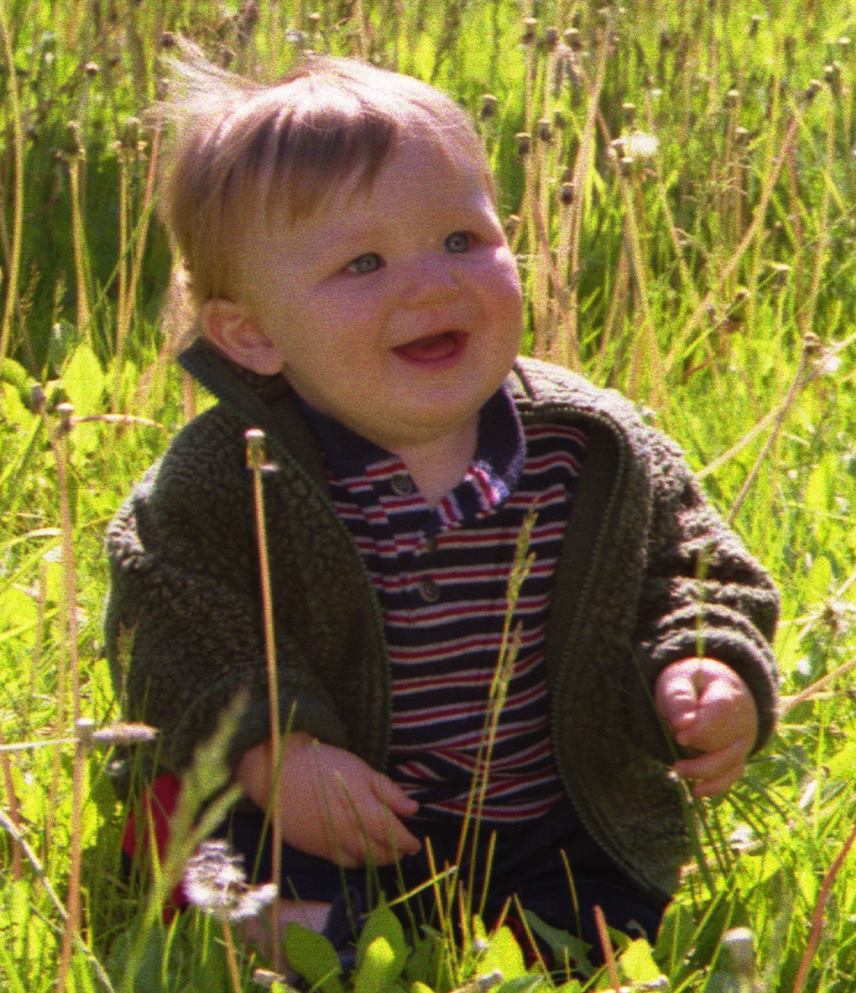
The most devastating moment in Dear Zachary approaches when Turner’s behavior grows increasingly erratic. Despite the mounting concerns from those around her, authorities failed to intervene. She was still free, and she still had custody of Zachary.
David and Kathleen sensed something was wrong but could do nothing to stop it. They were powerless as the system continued to fail them. Looking back, the warning signs were everywhere, but no one acted. This failure sealed Zachary’s fate, making what happened next all the more horrifying.
The tension in the documentary is almost unbearable at this point. Viewers are left in stunned disbelief, knowing that the worst is yet to come.
Read More: 19-Year-Old Twins Found Shot Dead on Mountain After Missing Their Flight
9. The Unthinkable Murder-Suicide

Dear Zachary reaches its most heartbreaking moment when Shirley Turner commits the ultimate act of cruelty. On August 18, 2003, she strapped Zachary to her chest, filled her pockets with rocks, and jumped into the Atlantic Ocean. Both mother and child drowned.
The news shattered everyone who had fought to save Zachary. David and Kathleen Bagby’s worst nightmare had come true. They had done everything in their power to protect their grandson, but the legal system let them down every chance they had..
The documentary’s emotional impact is overwhelming. The senselessness of Zachary’s death leaves viewers devastated, angry, and questioning how such a tragedy was allowed to happen. It was the ultimate betrayal by a broken system.
Read More: Brave 8-Year-Old Identifies His Attacker in a Heartbreaking Deathbed Video
10. The Devastating Aftermath for the Bagbys

After Zachary’s murder, David and Kathleen were left with nothing but grief and rage. Dear Zachary captures their unimaginable pain as they struggle to make sense of what happened. Their sorrow is palpable, their loss immeasurable. Instead of being allowed to heal from Andrew’s murder, they were now mourning their grandson. The weight of the tragedy was crushing. Despite their heartbreak, they refused to let Zachary’s death be in vain. Their next fight would be for justice and change. Their resilience in the face of unimaginable loss is one of the most powerful aspects of the documentary. They took their grief and turned it into action, determined to ensure no other family would suffer as they had.
11. The Push for Legal Reform
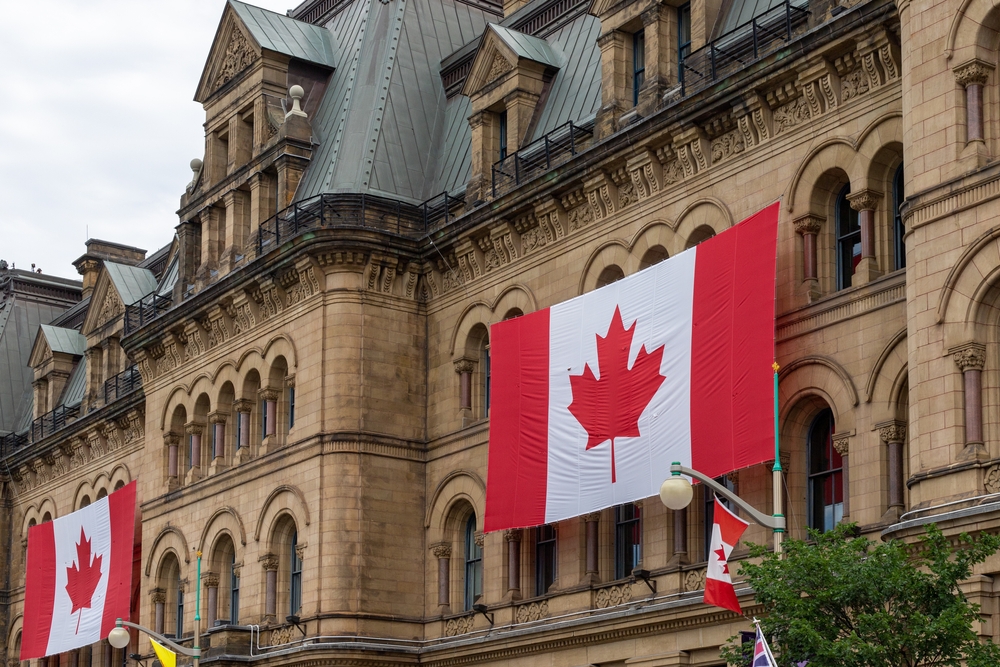
Following Zachary’s death, David and Kathleen channeled their pain into advocacy. They fought for changes to Canada’s bail laws, determined to prevent future tragedies. Their relentless pursuit of justice led to Zachary’s Bill, a law designed which to change the Criminal Code of Canada to allow the courts to justify refusing bail to those accused of serious crimes in the name of protecting their children..
Dear Zachary highlights their strength and determination. They refused to be silent, using their voices to create meaningful change. While nothing could bring Andrew and Zachary back, their efforts ensured that their deaths would not be in vain. The passage of Zachary’s Bill was bittersweet. It was a victory, but one that came at an unthinkable cost. Still, David and Kathleen’s courage in the face of tragedy remains inspiring.
12. Kurt Kuenne’s Emotional Tribute

Filmmaker Kurt Kuenne, Andrew’s best friend, originally intended Dear Zachary to be a personal tribute. It was meant to show Zachary who his father was. Instead, it became a documentary exposing a broken system and a call to action for change. Kuenne’s grief is evident throughout the film. His love for Andrew and his devastation over Zachary’s death are woven into every frame. What began as a heartfelt project became something much larger—an emotional gut punch that leaves viewers shattered. The documentary’s raw, unfiltered storytelling is what makes it so impactful. It is more than just a film—it is a testament to love, loss, and the power of memory.
13. The Public Reaction to the Documentary

When Dear Zachary was released, it left audiences reeling. Viewers were outraged by the failures of the legal system, heartbroken over the senseless loss, and deeply moved by the Bagbys’ strength. The documentary sparked conversations about justice, parental rights, and systemic reform. It brought attention to flaws in the legal system that might have otherwise gone unnoticed. People around the world felt compelled to support the Bagbys, ensuring that their story was never forgotten. Even years later, Dear Zachary continues to resonate. It remains one of the most emotionally devastating documentaries ever made, a film that stays with viewers long after the credits roll.
14. The Preventable Tragedy That No One Stopped

The most devastating truth in Dear Zachary is that everything could have been prevented. At every stage, warning signs were ignored, and legal loopholes allowed Shirley Turner to remain free. Andrew should have been protected from her instability, yet authorities failed to act. After his murder, she should have been detained, but the Canadian legal system granted her bail, prioritizing her rights over Zachary’s safety.
Zachary’s death was entirely avoidable. If the courts had acted sooner, if Turner had been held accountable, he would have lived. Instead, the system enabled his murder. Dear Zachary is devastating not just because of what happened, but because justice ceased to exist. The Bagbys lost both Andrew and Zachary, not just to Turner, but to a legal system that refused to protect them.
Read More: 12-Year-Old Girl Sends Heartbreaking Text Before Taking Her Own Life
Why You Should Watch Dear Zachary

Dear Zachary is more than just a documentary—it’s an emotional reckoning. It exposes the devastating failures of the justice system while celebrating the love of a family that refused to be silenced. It’s raw, gut-wrenching, and impossible to forget.
This is a story that demands to be seen. It’s a warning about the dangers of bureaucratic inaction and a call to never ignore red flags when lives are at stake. But beyond the heartbreak, it’s also a testament to the power of love, resilience, and the fight for justice.
If you watch one documentary that changes the way you see the world, let it be Dear Zachary. It will break you, but it will also remind you why we must speak out against injustice—because sometimes, the difference between life and death is whether someone chooses to act.

